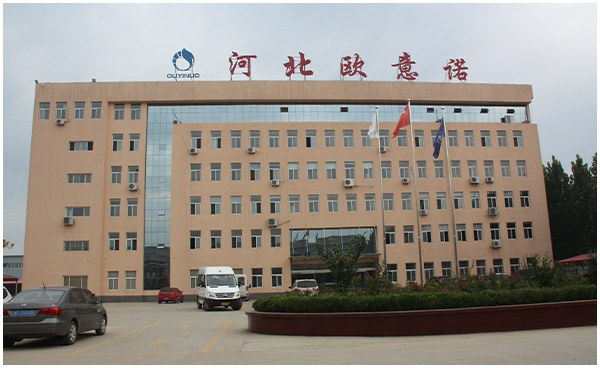
Aug . 20, 2024 18:03
Back to list
Enhancing Air Quality with Advanced Gas Purification Systems for Optimal Performance
The Importance of Gas Purifiers in Modern Industries
In today's rapidly advancing industrial landscape, the significance of maintaining air quality and ensuring environmental safety has garnered increased attention. Among the myriad of technologies developed to address these issues, gas purifiers have emerged as a crucial component, playing a vital role in various sectors, including manufacturing, pharmaceuticals, and waste management.
Understanding Gas Purifiers
Gas purifiers are devices designed to remove harmful substances and contaminants from industrial gases before they are released into the atmosphere. These systems utilize different methods, such as adsorption, absorption, and chemical reactions, to effectively reduce the concentration of pollutants. By doing so, they help meet regulatory requirements and minimize the negative impact of harmful emissions on the environment and public health.
Types of Gas Purifiers
Gas purifiers can be categorized based on their operational mechanisms. Common types include activated carbon filters, catalytic converters, and wet scrubbing systems.
1. Activated Carbon Filters These filters use activated carbon as the primary medium for adsorbing volatile organic compounds (VOCs), odors, and other gaseous pollutants. Activated carbon's high surface area and porous structure make it an excellent material for trapping contaminants, ensuring cleaner air is released into the environment.
2. Catalytic Converters Predominantly found in automotive applications, catalytic converters facilitate chemical reactions that convert harmful gases, such as carbon monoxide (CO) and nitrogen oxides (NOx), into less harmful substances. They help reduce vehicle emissions, contributing to better air quality in urban areas.
gas purifier

3. Wet Scrubbing Systems These systems utilize liquid solvents to capture and neutralize gaseous pollutants. Wet scrubbers are particularly effective at removing hazardous gases such as hydrogen sulfide (H2S) and sulfur dioxide (SO2), making them essential in industries like oil refining and chemical manufacturing.
The Role of Gas Purifiers in Industry
The implementation of gas purifiers offers several advantages to industries. By ensuring compliance with environmental regulations, businesses can avoid hefty fines and lawsuits while promoting a positive image among consumers and stakeholders. Furthermore, investing in gas purification systems can lead to increased operational efficiency. For instance, when harmful gases are effectively handled, the risk of equipment damage and health hazards is significantly reduced, resulting in lower maintenance costs and improved worker safety.
In addition to protecting the environment and enhancing operational efficiency, gas purifiers contribute to sustainable practices. As industries face mounting pressure to reduce their carbon footprint, adopting advanced purification technologies aligns with corporate social responsibility initiatives. This shift not only meets regulatory expectations but also resonates with environmentally conscious consumers, ultimately driving brand loyalty.
Future Trends in Gas Purification
Looking ahead, the field of gas purification is likely to witness significant advancements. Research and development are focused on creating more efficient and cost-effective purification technologies. Innovations in materials science may lead to the development of new adsorbents and catalysts that enhance the performance of gas purifiers. Furthermore, the integration of smart technologies, such as real-time monitoring and artificial intelligence, can optimize the purification process, providing industries with valuable data to make informed decisions.
Conclusion
In conclusion, gas purifiers are essential tools in safeguarding air quality and promoting environmental sustainability. By implementing advanced purification systems, industries not only comply with regulations but also contribute to a healthier planet. As technology continues to evolve, the role of gas purifiers will become even more critical in our efforts to combat pollution and protect public health, paving the way for a cleaner, greener future.
Latest news
-
Safety Valve Spring-Loaded Design Overpressure ProtectionNewsJul.25,2025
-
Precision Voltage Regulator AC5 Accuracy Grade PerformanceNewsJul.25,2025
-
Natural Gas Pressure Regulating Skid Industrial Pipeline ApplicationsNewsJul.25,2025
-
Natural Gas Filter Stainless Steel Mesh Element DesignNewsJul.25,2025
-
Gas Pressure Regulator Valve Direct-Acting Spring-Loaded DesignNewsJul.25,2025
-
Decompression Equipment Multi-Stage Heat Exchange System DesignNewsJul.25,2025

